Poor blood circulation can significantly impact our health, and many of us may be affected by it. The warning signs of poor blood circulation are numerous, and they stem from common factors in our lives. A sedentary lifestyle, unhealthy eating habits, and constant stress or fatigue all contribute to this condition.
This leads to a scenario where blood does not circulate efficiently throughout the body, which is concerning because it deprives vital organs, including the heart and brain, of necessary nutrients for proper functioning. Similarly, our extremities, such as arms, hands, legs, and feet, suffer when circulation is compromised.
Poor blood circulation can result in various serious health issues, some of which may be life-threatening. Here are 15 warning signs of poor blood circulation:
1. Prolonged Healing Time
Poor blood circulation can significantly hinder your body's ability to heal physical injuries. Blood acts as the essential component for repairing damage – if circulation is compromised, the healing process will be substantially delayed. This is a common issue for diabetics, whose blood vessels may be harmed by prolonged high blood sugar levels, leading to inadequate blood supply to their extremities.
2. Dry Skin
Impaired blood circulation inevitably affects the skin. Visible indicators of this condition are skin dryness, reduced elasticity, and more pronounced wrinkles.
3. Varicose Veins
Poor circulation may lead to veins just beneath the skin on your legs becoming swollen, twisted, and highly visible. These are known as varicose veins, and although they may be unsightly, they can also itch or cause pain. Witch hazel has been used to diminish the size and severity of varicose veins. Although it's a temporary solution and doesn't address the underlying issue, it can provide relief for those self-conscious about their veins.
4. Numbness in the Limbs
We've all experienced the sensation of a limb "falling asleep" due to restricted blood flow. Frequent episodes of numbness could suggest a more serious issue with circulation.
5. Reduced Cognitive Ability
Adequate blood supply is crucial for the brain to function correctly. Poor blood circulation can lead to a decline in mental faculties. If you find yourself struggling with clear thinking or if your memory isn't as sharp as before, it could indicate poor circulation.
6. Loss of Appetite
Although this symptom may be less noticeable, it's important to be aware of it. The gastrointestinal tract requires blood for digesting food and distributing nutrients from the intestines throughout the body. Poor blood circulation can lead to compromised digestion.
7. Cold Extremities
Poor blood circulation often affects the body's extremities first. If your hands, feet, ears, and nose remain cold throughout the day, it is likely that you are experiencing low blood flow. Additionally, constant sleepiness or fatigue can be a symptom of this condition.
Diminished blood flow to the brain can result in feelings of tiredness and fatigue, even after sleeping for 10 hours straight. Additionally, you may find yourself feeling fatigued after minimal activity. Physical exercise depletes muscular energy reserves rapidly, and poor circulation makes it difficult for the body to restore them.
9. Compromised Immune System
The circulatory system plays a crucial role in sustaining a robust immune system. Suboptimal circulation can hinder the swift and abundant delivery of essential vitamins and minerals needed to combat infections, unlike what occurs with a well-functioning circulatory system. Moreover, inadequate blood flow can lead to digestive dysfunction, resulting in a deficiency of certain minerals and amino acids necessary for producing enzymes that enhance immunity.
10. Brittle Hair and Nails
A deficiency of nutrient-rich blood in your body's extremities can lead to weakened and brittle hair and nails. If you find your nails chipping more readily, or your hair breaking and shedding more often than before, poor circulation could be to blame.
11. Digestive Issues
Inadequate circulation in the digestive system can impede your body's capacity to absorb nutrients from food. Insufficient blood flow means that food may transit through your system without full digestion, potentially resulting in nausea, loose stools, and other digestive problems that are frequently misdiagnosed.
12. Dizziness
Dizziness upon standing is frequently due to a rapid decrease in blood pressure when a person quickly rises after sitting or lying down for a period. This results in blood not reaching the brain fast enough, causing a sensation of dizziness, which can sometimes lead to fainting.
13. Skin Discoloration
When your hands and feet do not receive sufficient blood flow, you may observe a discoloration of the skin on these extremities. If your extremities appear blue or purple, it is a clear indication that your circulatory system is not operating properly.
14. Low Libido
Poor blood circulation can cause issues with the reproductive system. Both male and female reproductive organs require ample blood flow to function correctly, and a lack of it can lead to shutdown. Women may experience irregular menstrual cycles or fertility issues, while men may find it nearly impossible to achieve an erection. Additionally, both genders might suffer a total loss of libido due to poor circulation.
15. Chest Tightening
Poor blood circulation means that the heart isn't receiving as much blood as it should. This can lead to a sensation of tightness in the chest, akin to increased pressure, known as angina. The intermittent nature of the pressure and pain is a definitive indicator of a circulatory system not operating optimally.
Improving Poor Blood Circulation
There are numerous methods to enhance poor blood circulation. For most health issues, I typically suggest using food, herbs, and other plants for bodily healing.
To boost blood circulation, concentrate on medicinal foods that promote a robust heart, healthy blood vessels, and blood with an ideal viscosity. Conversely, reduce intake of foods that lead to poor circulation. Additionally, implementing certain lifestyle changes can help maintain strong and healthy blood levels.
Begin Including More of the Following:
Blood circulation can benefit from certain superfoods listed below.
1. Citrus Fruits

Citrus fruits such as oranges, limes, lemons, and grapefruit are rich in vitamin C, which acts as a blood thinner and strengthens capillary walls. Vitamin C also aids in preventing atherosclerosis by fortifying artery walls via its role in collagen synthesis. Additionally, it helps prevent the unwanted sticking of white blood cells to damaged arteries, known as plaque build-up, a frequent cause of poor circulation.
2. Cold-Pressed Juice
Freshly pressed juice is an excellent method to enhance blood circulation. Juices crafted from nutrient-rich greens and root vegetables supply the body with alkalizing minerals and properties that cleanse the blood, neutralizing free radicals. They are an efficient means to deliver nutrients swiftly to the bloodstream. Particularly, green and beetroot juices are among the most effective for revitalizing our blood.
3. Ginger and Garlic
Ginger is recognized as a vasodilator, which means it expands blood vessels and facilitates increased blood flow. Additionally, it's an excellent anti-inflammatory agent, reducing strain on the cardiovascular system. Garlic, conversely, aids in purifying the blood and preventing the accumulation of plaque in the arteries and veins.
4. Turmeric
Turmeric is rich in curcumin, a natural phenol known for its potent properties in protecting blood vessels. Curcumin has been demonstrated to enhance endothelial function, mitigating damage caused by free radicals and aiding in the relaxation of blood vessels, thus improving blood flow.
5. Foods High in Vitamin B3
Many individuals rely on aspirin for daily blood-thinning, yet a natural and potentially safer option exists – vitamin B3 (niacin). Within 20-30 minutes of taking niacin or eating niacin-rich foods, your blood vessels expand, leading to a warming sensation known as the 'niacin flush.' Vitamin B3 is abundantly present in foods like chia seeds, brown rice, peanuts, sunflower seeds, potatoes, tomatoes, and mushrooms.
6. Hot Peppers
Hot peppers, such as cayenne pepper, are excellent for enhancing blood circulation and heart health. Cayenne pepper contains capsaicin, an active compound that stimulates proper blood flow throughout the body and organs, while also fortifying the arteries and capillaries.
7. Hawthorn Extract
Hawthorn extract benefits our circulatory system in several ways. It safeguards the inner lining of blood vessels, aids in their dilation and relaxation, fortifies the heart, prevents clotting, enhances cholesterol levels, and even helps to regulate blood pressure. Additionally, it's one of the safest herbs for cardiovascular support, known for having no adverse side effects or interactions with medications.
Lifestyle Changes to Improve Poor Blood Circulation
Remember to incorporate the following lifestyle changes to enhance poor blood circulation if you haven't already:
1. Increase Water Intake
Considering over half of your blood is water, dehydration can significantly impact your circulatory system. Staying well-hydrated improves blood flow and circulation. Aim for at least 3-4 liters of water daily.
2. Consider Adopting A Plant-Based Diet
Although many are hesitant to adopt a plant-based diet, it can greatly enhance heart health and the function of other organs. A well-planned plant-based diet enriches the body with essential minerals, vitamins, phytonutrients, and nutraceuticals, leading to improved well-being and a reduced risk of heart disease, cancer, stroke, diabetes, and more.
Often referred to as the "heart attack proof diet," a plant-based diet can work wonders for the cardiovascular system.
Even if a fully plant-based diet isn't feasible, incorporating a substantial amount of leafy greens, herbs, vegetables, fruits, and plant-based fats is beneficial.
3. Stop Eating Processed Foods
To maintain a healthy circulatory system, it's best to avoid overly processed foods, such as frozen and packaged items. These foods are often high in chemicals and artificial additives to enhance taste. The more processed a food is, the fewer nutrients it retains. Consuming foods devoid of nutritional value, except for calories, serves little purpose.
A diet high in processed foods is a quick path to illness and disease. Such foods are typically rich in sodium, fats, sugars, and artificial flavors and chemicals, which can pollute the blood. Consuming processed foods regularly can thicken the blood, increase its acidity, and deteriorate circulation.
4. Exercise Regularly
Regular exercise is crucial for maintaining strong heart muscles. Indeed, physical activity is one of the few methods to ensure your heart remains healthy as you age. Every movement you make trains the muscles responsible for maintaining robust blood circulation.
5. Quit Smoking
Tobacco use is detrimental to the cardiovascular system. The carbon monoxide from smoking or exposure to second-hand smoke harms the cellular layers within our blood vessels that facilitate smooth blood flow. Consequently, fats and plaque accumulate and adhere to the walls of our vessels, impeding blood flow and resulting in poor circulation.
Author: Blog Team
This content is intended for informational and educational purposes only.
It is not a substitute for professional medical advice, diagnosis, or treatment.
Always seek the guidance of a qualified healthcare professional with any questions you may have regarding a medical condition.
Sources used for this content are reliable and publicly available.
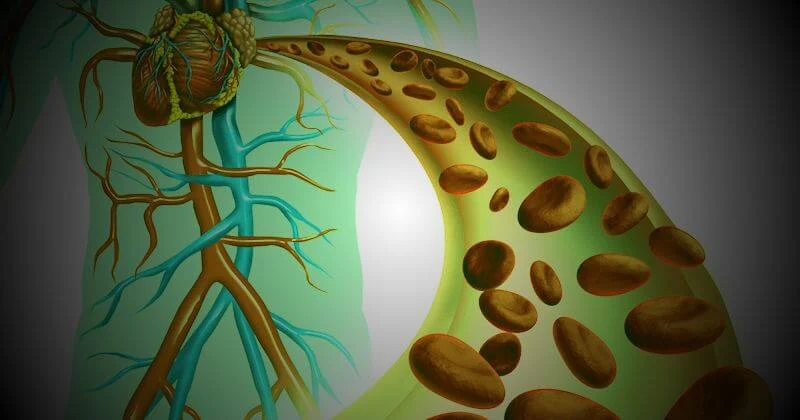
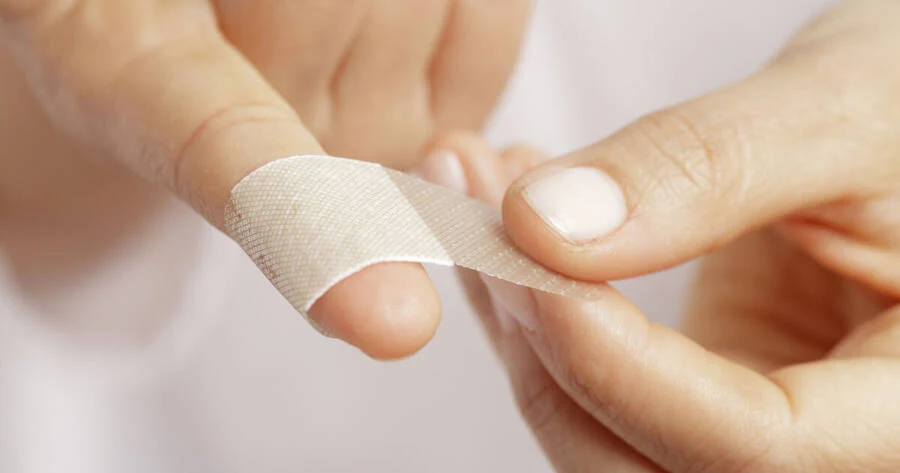
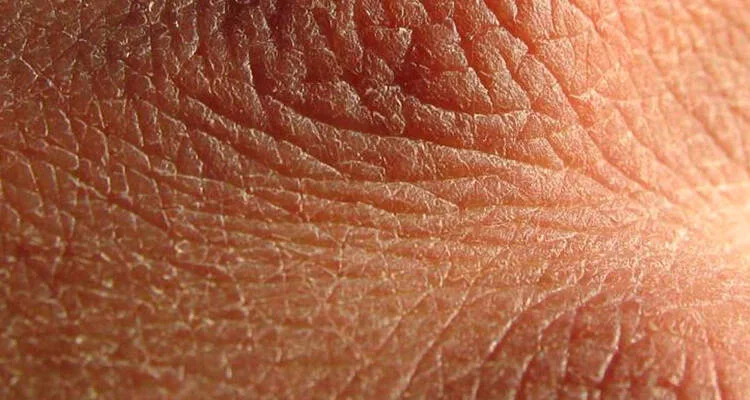

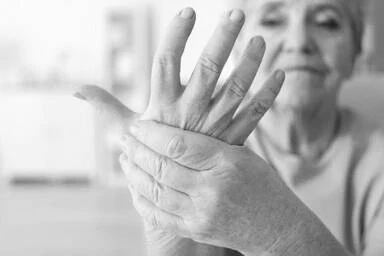





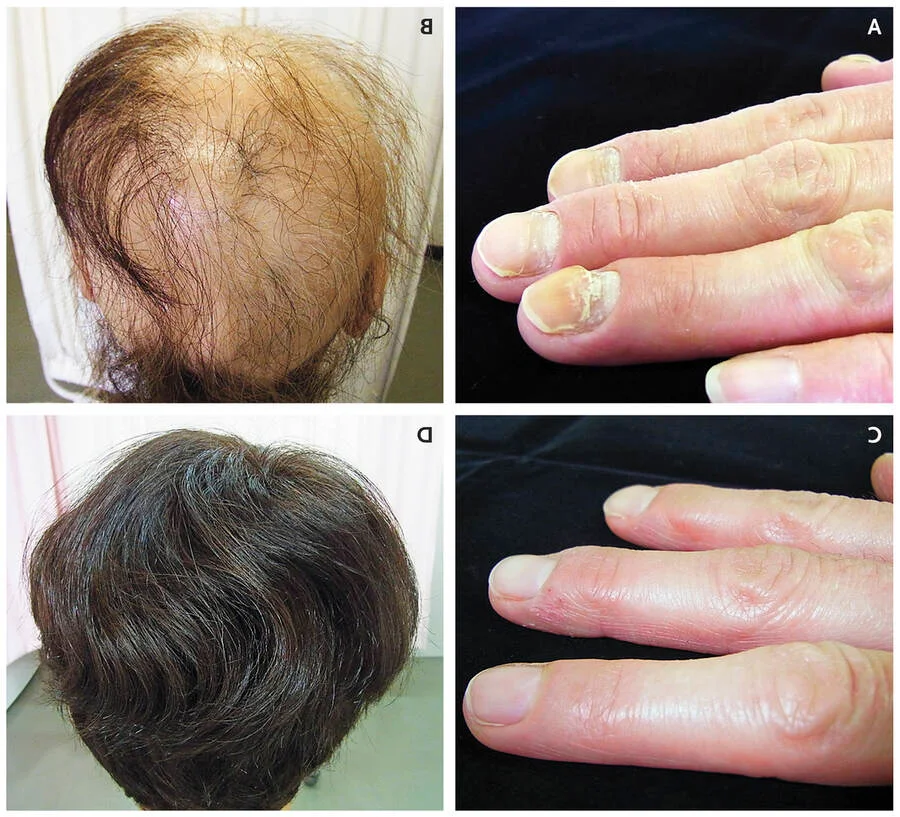


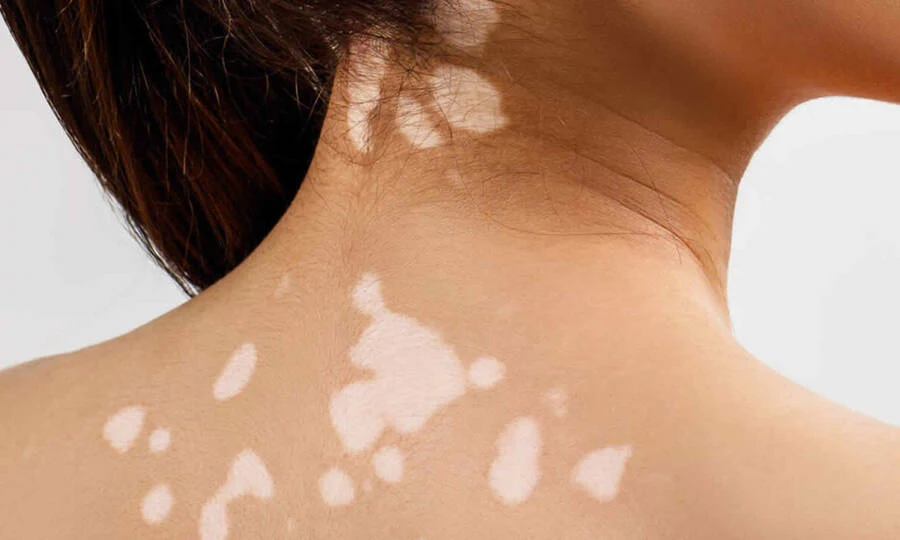


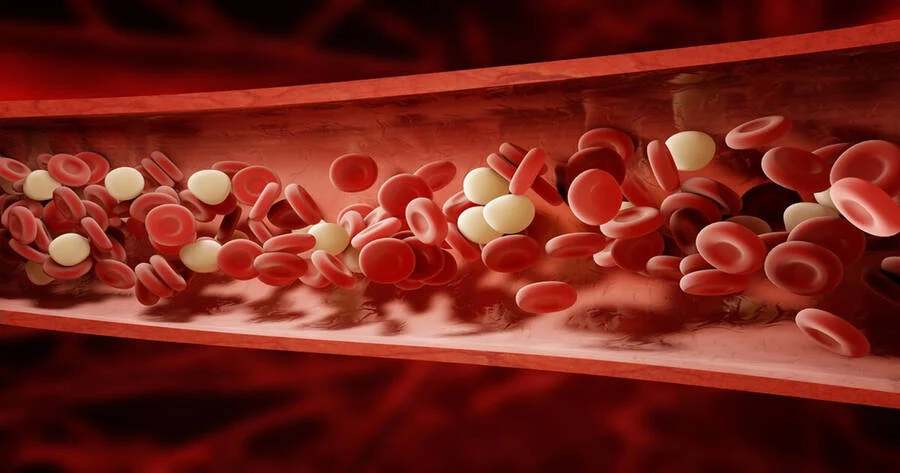


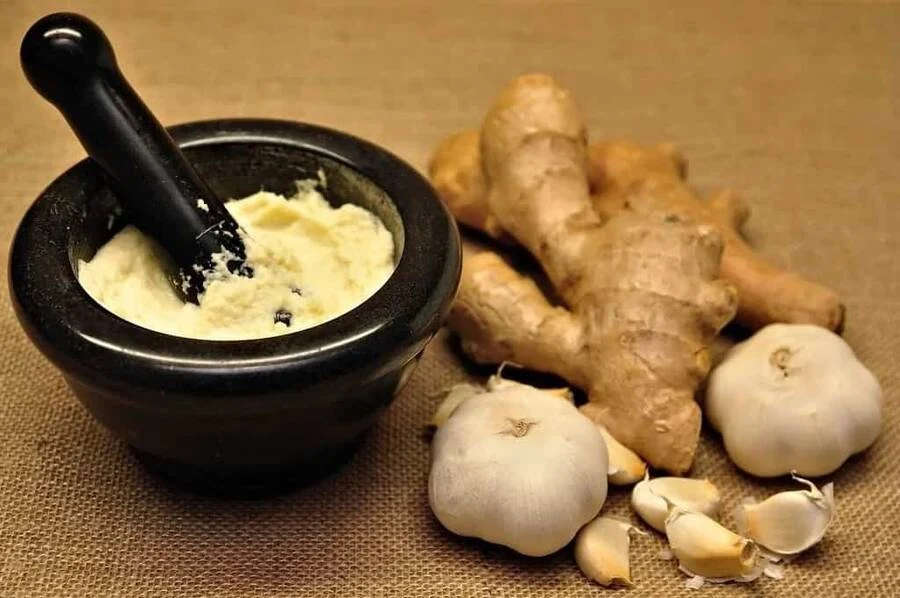
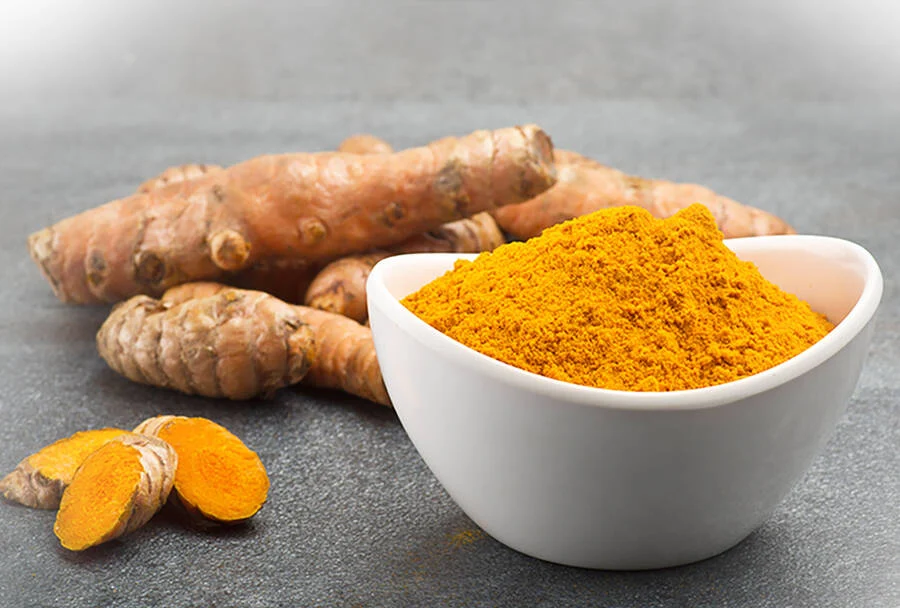
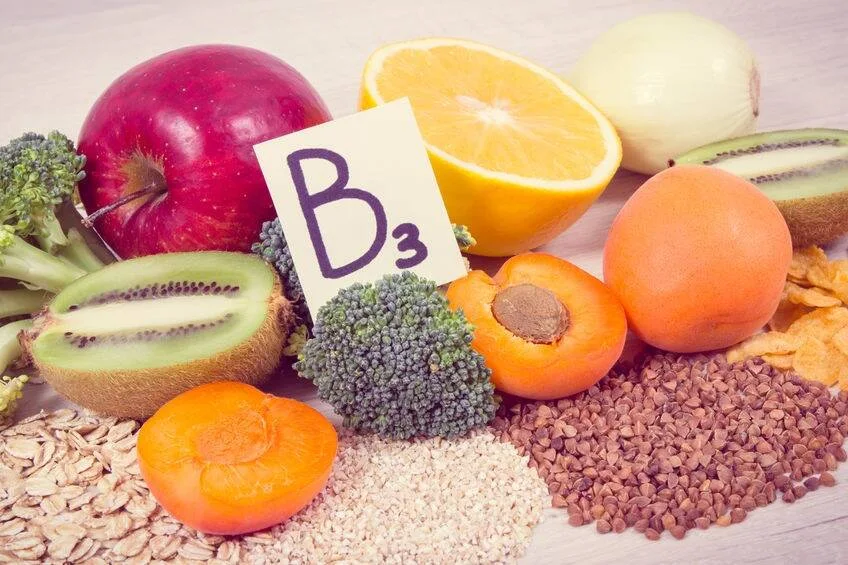


Comments